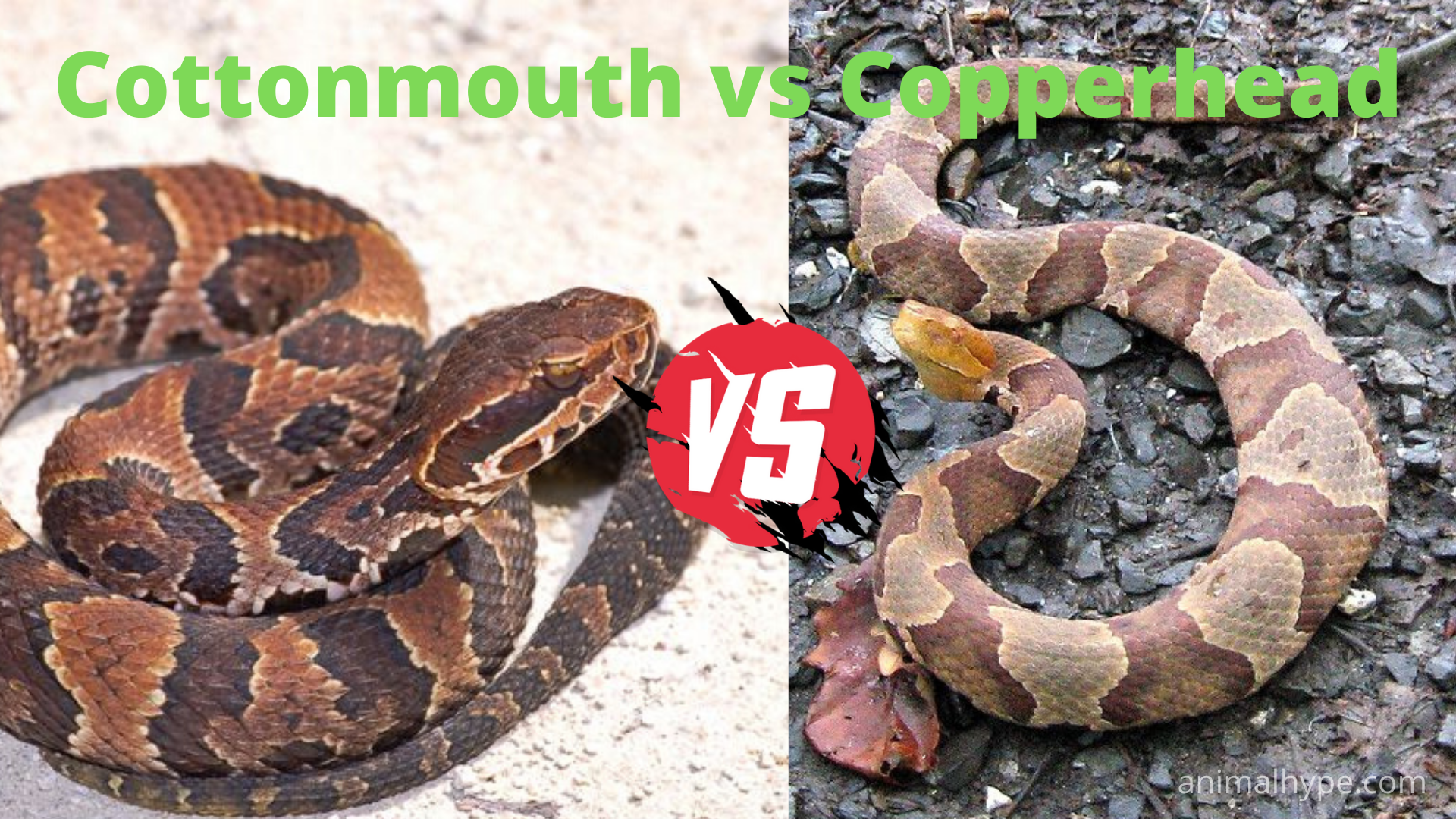If you’re concerned about whether or not a ball python is an ideal pet for you, you are at the right place. What are the drawbacks of owning a ball python as a pet? An effort to put together a list of the drawbacks of keeping a ball python for you because it could be challenging to determine what they are whether you have never had one before. Ensure to thoroughly check the drawbacks for any aspects that could be deal-breakers.
What Are the Drawbacks of Owning a Ball Python as a Pet?
Here is the list of cons of keeping a ball python:
- Can be picky feeders.
- Can be shy.
- Hardly ever see them.
- Despite being calm, they can readily go off feeding with too much handling.
- They are rather boring on the whole as pet snakes.
- May only be active for a few hours at night time.
- Do not cuddle with me.
- Are difficult to find a pet sitter to take care of.
- Are not big and impressive.
Can be Picky Eaters:
Ball pythons are well-known among the reptile world for being notoriously picky eaters. It could cause concerns among novice or potential reptile keepers, although it can typically be readily remedied. Changes might affect a ball python’s appetite because they tend to adopt feeding habits. For instance, if you present new food to a ball python that has been eating one type of food for a long, it might not be interested in trying it. Dietary changes should be made gradually.
Can be Shy:
Unlike dogs, ball pythons are not often the most gregarious, attention-seeking pets. They are primarily quite calm, reserved, and shy animals, but with enough time and effort, they can be trained to trust their keepers and become excellent pets. However, remember that it will require your time, effort, and patience. When scared, they will curl up around their heads into a ball. Avoid making sudden or threatening motions near your ball python because you may frighten it. Additionally, ball pythons are non-sociable creatures. Both in the wild and captivity, they prefer to spend their time alone.
Hardly Ever See Them:
Because they are nocturnal animals, ball pythons spend the daytime staying inside their hides. They like hiding and burrowing. If they already have an established feeding schedule, they won’t often leave their hides when they are aware that it is not mealtime. They feel secure and protected in their hides, as well as relaxed and comfortable, which lessens stress and aids in your pet’s happiness and health.
As mentioned above, they are active at night so they sleep all day. Unfortunately, you made the wrong choice of snake if you were hoping to acquire a lovely display creature during the day. If you don’t take them outside, they won’t come out during the day.
Despite Being Calm, They can Readily go off feeding with too much handling:
Stress is a common and frequently overlooked cause of why snakes refuse to eat. Your ball python may become freaked out and stop eating if the enclosure is new, there are other snakes in the cage, or it has been handled excessively. Prey differences will also lead a picky snake to quit eating.
They are Rather Boring on the Whole as a Pet Snake:
Depending on what you hope to get out of a pet. A ball python can be too boring for you if you’re looking for one that is more interactive. A ball python is an ideal pet if you enjoy watching a creature peaceably doing its stuff. Although they all have unique personalities and temperaments, they won’t be as social and active as other snake species.
May Only be Active for a Few Hours at Night Time:
Typically, ball pythons are nocturnal or crepuscular. They spend most of the day underground or hidden during the day. Ball pythons use a lot of energy in meal digestion. As a result, they frequently spend a lot of time sleeping after. So, they could only be active for a few hours at night.
Do Not Cuddle With You:
Because snakes have evolved to be solitary creatures, they don’t like cuddling. Snakes probably don’t react to physical contact the same way that mammals and birds do. Although ball pythons seldom bite, lunge, or otherwise act violently, this doesn’t indicate that they are unable to defend themselves. It’s unlikely that your ball python might cuddle you because it is sizing you up. They can determine the probability that an effort to consume their prey will be successful or not by sizing up their prey.
Are Difficult to Find a Pet Sitter to Take Care of the Ball Python:
If you often travel, you must plan for a pet sitter before even considering purchasing a ball python because it could be difficult to find someone, even your friends and family, to feed your ball python while you are away or on vacation. After all, they are snakes, and unlike putting dog food in a dish, not many people may feel comfortable and safe feeding a rat to your ball python. This drawback doesn’t apply if you never travel or already have a reliable snake sitter.
Are Not Big And Impressive:
At most, these skinny snakes reach a length of 5 feet, yet many of them remain much shorter than that. This is not the snake you’re going for if you want people to stop and exclaim, “Wow,” to you.
What You’ll Have to Feed Them:
The most difficult choice you’ll have to make, if it’s an issue, is the ball python diet. Rats are what snakes eat, not worms, insects, or baby food as other reptiles do (and sometimes mice, other than rats are much healthier for them). Even though defrosting a rat to give it to your ball python will likely be uncomfortable at first, you will eventually get used to it. Although handling a rat never gets pleasant, it will progressively get much easier to do.
You Can’t Train Them:
You cannot train a ball python. They do not do tricks, and their most interesting behaviours are yawning, drinking, and eating. As a result, you might not find them to be as fun to play with or entertaining as other animals. Ball pythons are likely not a suitable choice for you if you want a lot of excitement in your life and are concerned that you could become bored with them.
It is Challenging to Locate a Snake Veterinarian Near You:
It could be challenging to locate a veterinarian in your area who can treat your ball python if it becomes sick. Find the nearest ball python veterinarian before purchasing your pet, which you should do without a doubt. It’s quite rare for ball pythons to require veterinary care, but if they do, you must be prepared to go and pay the associated costs.
If They Get a Chance, Definitely Escape:
Uncontained ball pythons could escape inside a house and may be quite challenging to find. The caretakers may have the challenging task of finding the pet a new home if the house is not capable of handling or managing a snake. Although ball pythons are usually inactive, expert owners warn that if given a chance, they often escape. Finding a lost ball python in a house can be difficult, especially if it has central air conditioning or heating, because the snake can have escaped into the ventilation system.
Ball Pythons Shouldn’t Be Petted:
An enclosure isn’t a replacement for the wild. Even the most devoted python owner cannot meet a wild animal’s demands. Pet ball pythons may experience the following:
- Painful mites
- Lack of space
- Burns
- Anorexia
- Stressful handling
- Morbid obesity
- Wrong temperatures
- Infections and injuries
No matter how much love or care they will indent, a wild ball python should never be kept in captivity.
Conclusion:
Although it may seem intimidating to get a pet ball python, it’s important to understand that there are pros and cons to this big decision. Before keeping them, you must be aware of what are the drawbacks of owning a ball python as a pet. Keeping a pet python is not a good option for people who aren’t prepared for the responsibility and are somehow excited persons because they are picky eaters, shy, boring, solitary, inactive, don’t like cuddling, and can’t be trained.
Frequently Asked Questions:
Although they are generally calm, they could bite you for any number of reasons. Because ball pythons lack fangs and are not poisonous, their bites might not be as painful as those from other snakes. If a ball python bites you, always proceed with care and seek medical attention.
The answer is no if you wonder if ball pythons could choke you to death. Because they are too small and simple, they cannot choke a human or an adult to death. Other than newborns and babies, they do not pose such serious hazards to humans.
Generally speaking, you must only handle your ball python three to four times each week. Because they are shy, these snakes might become agitated from too much handling. This can vary. Some creatures will want weekly handling, while others would welcome the chance to explore.








